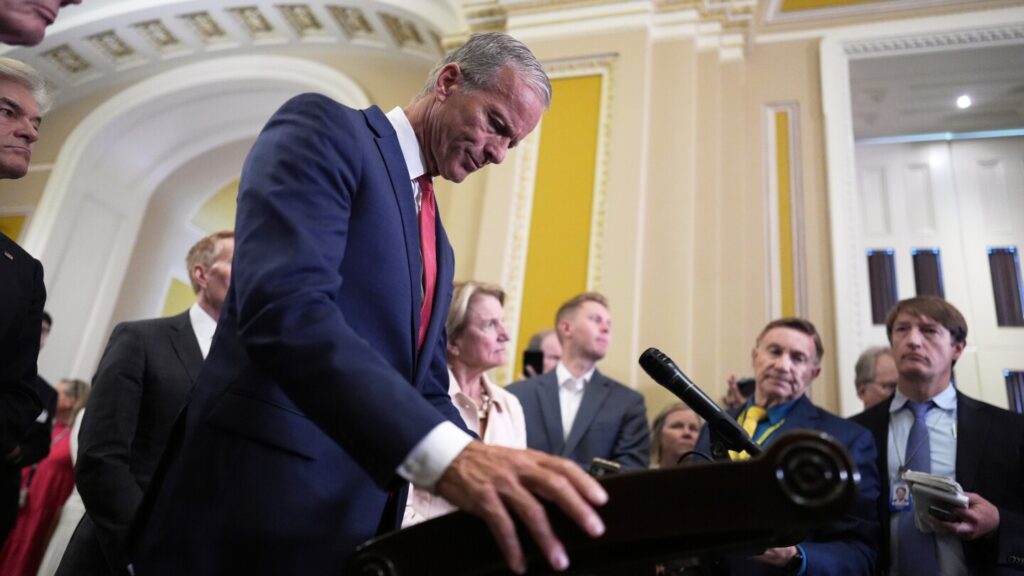House and Senate Republicans are navigating differing approaches in shaping the tax cuts within their extensive tax and spending cuts bill. While the two chambers clash on aspects like the state and local tax deduction size, health savings account usage for gym memberships, and annual fees for electric and hybrid vehicle owners, they aim to reconcile their disparities to expedite the legislative process. President Donald Trump is eager to sign the legislation by July 4th.
Key disparities between the House and Senate bills include variations in the child tax credit boost duration and amount, deductions for tips, overtime, and auto loan interest, as well as differing income limits for enhanced tax deductions for older Americans. Differences also emerge in the treatment of the state and local tax deduction cap, with the House proposing a significant increase to $40,000 for certain households, while the Senate maintains the cap at $10,000.
Moreover, the bills diverge on Medicaid provider taxes, clean energy tax credit reductions, business tax breaks longevity, and miscellaneous provisions like health savings account usage for gym memberships and charitable donation deductions. These discrepancies underscore the complexity of negotiations ahead as lawmakers strive to find common ground on critical tax reforms and spending cuts. Notably, concerns persist regarding the potential impact of these changes on various industries and individuals, emphasizing the importance of thorough deliberation and compromise in the legislative process.

